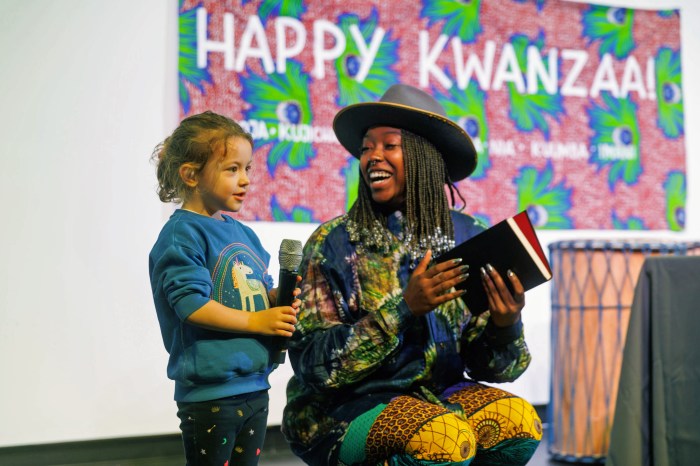BUDAPEST, Hungary (AP) — The doping task force created nearly eight years ago to chart Russia’s path back into track and field holds its final meeting this week before being disbanded.
That hardly means the country is in good standing. Questions remain over how to make sure future Russian track teams will be clean when they’re allowed back into the sport after the war in Ukraine ends.
“That is a very important question,” Sebastian Coe said Thursday at the World Athletics council meeting where he was elected to a third term as president.
There are no Russians allowed at the world championships, which start Saturday in Budapest. Coe said even with Russia’s track federation back in good standing from a doping standpoint, the chance of the team being allowed to compete at next year’s Paris Olympics “looks unlikely at the moment, given where we are with the events in Ukraine.”
With the task force’s work done, the Athletics Integrity Unit, formed to oversee the anti-doping effort in track, essentially takes over as the outside overseer of Russia’s track athletes.
AIU chair David Howman said his agency is in the midst of building a program that will “double the approach” to creating a robust testing system in Russia, a mission made more difficult because of the war.
A key phase will be identifying which athletes should draw extra attention as members of the elite testing pool, a not-so-simple task given that most of Russia’s up-and-coming athletes haven’t been seen in international competition.
“We don’t yet have an updated list of, say, who might be on a podium,” Howman said. “And that’s what’s going to happen, they’re going to come from out of nowhere.”
Another issue is the age-old question of just how robust any testing system inside Russia can be. Its anti-doping agency remains noncompliant under World Anti-Doping Agency rules. Meanwhile, outside testers have a history of difficulties entering the country to test.
For instance, the U.S. Anti-Doping Agency, which conducts about 100 tests a year in Russia for programs it runs for international sports leagues, ran into problems conducting any tests at the start of the war. Things are returning to normal now, but still with some difficulties collecting blood samples.
Coe said he has confidence in the AIU.
“They continue to work with Russia to make sure that at the right moment, they can be reintroduced into a landscape where the clean athletes from the bulk of our federations feel confident that we have systems in place that are going to protect their athletic competition,” he said.
MEETING NOTES: World Athletics reached its goal of having 13 members of each gender elected to its council. It was a goal it had set for 2027 as part of a package of reforms, but achieved four years ahead of schedule. … Re-elected as vice president was Ximena Restrepo (Colombia). Newly elected VPs are Raul Chapado (Spain), Adille Sumariwalla (India) and Jackson Tuwei (Kenya). … The AIU will conduct about 600 pre-competition tests in Budapest, mostly blood tests taken at nine of the team hotels around the city. It plans to conduct another 550 in-competition tests. … AIU looks at issues outside of doping, including “age manipulation.” Howman told the council it is investigating cases involving athletes who compete at junior world championships who are older than they claim to be.
AP sports: https://apnews.com/sports



















